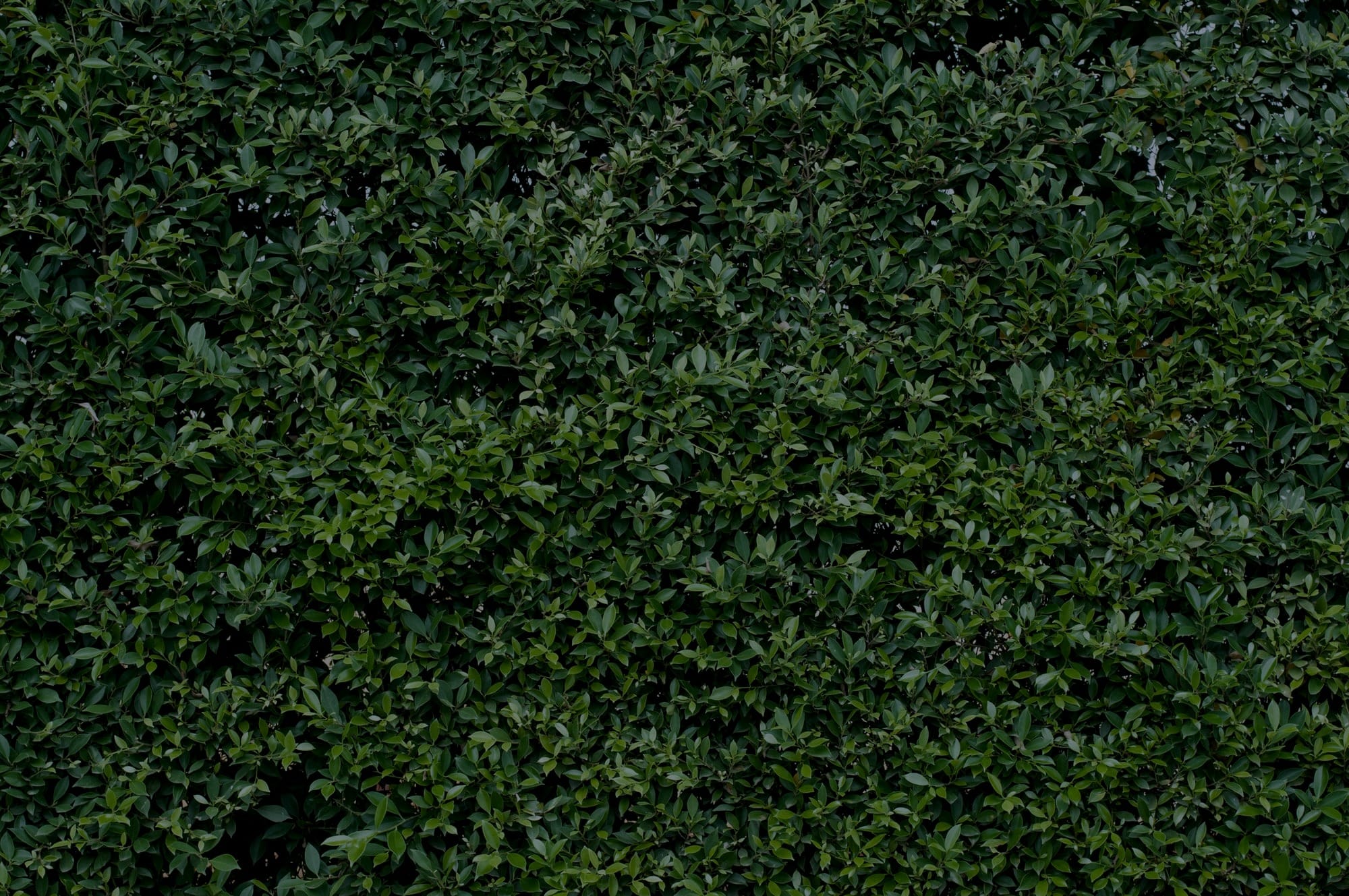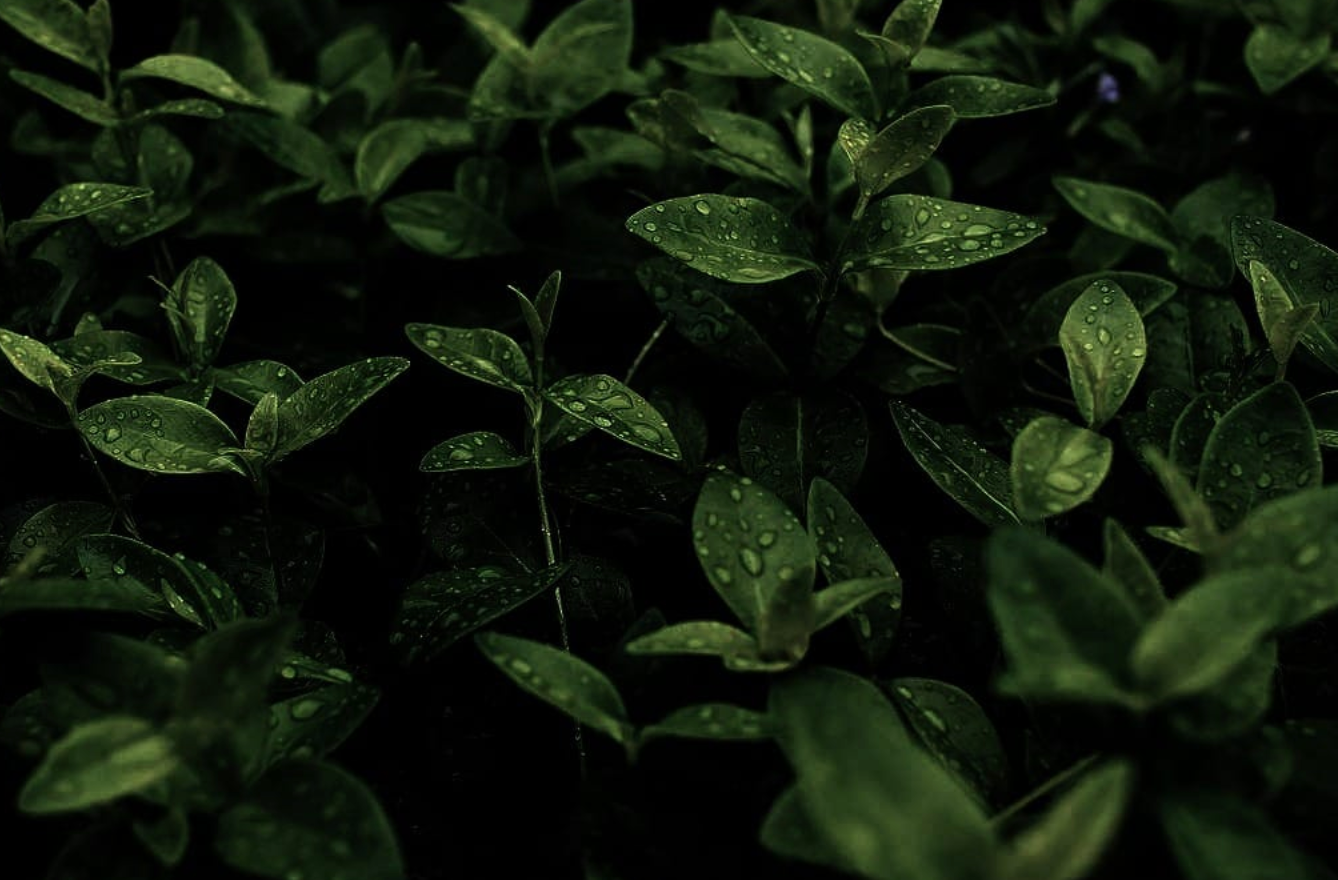a peacemaking lens
a meditation, an empathetic bridge
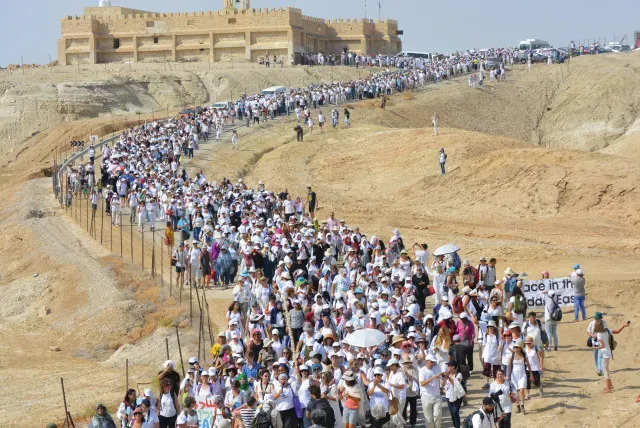
This is Life as a Sacred Text 🌱, an everybody-celebrating, justice-centered voyage into ancient stories that can illuminate our own lives. It‘s run on a nonprofit, so it’s 100% NAZI FREE. More about the project here, and to subscribe, go here:
Heya. First of all, resharing the last post here because I’ve made some updates and edits since I sent it last week. I’ve added some details and context, and most importantly changed out #7, which was originally a quote that I shared making an analogy involving the Indigenous people of Turtle Island that, ultimately, had a number of problems with it and, most of all, should never have been mine to touch as a white settler. And, as noted, “Every people deserves their existence to be more than a tangential rhetorical point in someone else's nuanced narrative.” I am sorry for the harm that I caused by including this original quote, and am grateful to everyone who said something. I certainly will work hard not to repeat this error. 1 As it happens, Rev. Dr. William Barber II published a piece making the very point I was hoping to convey, drawing from his own ancestral experience, and I am grateful for both his solidarity and for the chance to lift up his words.
On to today:
It goes without saying that this time is horrific, agonizing2, and today we are going to remember that
we must keep the fires of the liberatory imagination burning.
Especially in the face of so much death and despair. We must remember what’s possible. We must try to envision new ways. We cannot find our way out of this moment if we cannot even begin to imagine what else could possibly be.
We cannot ever do anything differently if we cannot even begin to grasp how we might begin to get there.
And given the dehumanization I see on social media—the othering, the determination to justify death—the validating the destruction of innocents as long as it’s the innocents on the other team—honestly, we need some new paradigms.
While writing last post, I had thought to plant an Easter egg3 of a review of philosopher Sara Ruddick’s Maternal Thinking: Towards a Politics of Peace, which I experienced as profound and personally influential while writing Nurture the Wow: Finding Spirituality in the Frustration, Boredom, Tears, Poop, Desperation, Wonder, and Radical Amazement of Parenting. But then I realized that instead of offering a hidden book review, I could just straight up share my own reflections on main, as the kids say. A bit of this post is adapted from Nurture, but most of it at this point is original.
I’m going to talk about mothering and gender a lot, but at the end of the day, I want to make this clear: I don’t think this is about mothering, or parenting, or gender in any way. It’s about certain approaches to the world, and one way people get there—but I, and I think Ruddick, too, would argue that there are many ways to get there, and any person of any gender and any life experience can have these lenses, do this work. This is just one, and what I want to illuminate, really, is the path, and the destination.4
So here’s the story: Philosopher Sara Ruddick argued that the work of “mothering”— engaging in the trenches of the everyday, mundane work of care for small children, which could be done by an adult of any gender, regardless of biological or legal relationship—changes you. (She formulated this in 1980, when our thinking on gender was very different in a lot of ways5.) Because the work you do when caring for littles can demand certain cognitive expansions of a person. And, more to the point:
The cognitive changes that an adult experiences through engaging the work of the protection, nurturance and training of children enables them to be better predisposed to the work of peacemaking.
Which doesn’t mean that it’s innate, or natural, or inborn, or anything of the sort.
Maternal protectiveness of children has manifested plenty of times in a racist or xenophobic antipathy to outsiders, or in happy support of a country's war against enemies perceived or actual.
Mothers in Nazi Germany were just as complicit, and sometimes just as murderous, in regards to the Final Solution as other categories of citizens, and mothers in the Antebellum South certainly exploited the human beings who were enslaved on their plantations. Mothers physically, emotionally and sexually abuse, and even murder, their own, or other people's, children.
There's nothing magical about or inherent to mothers that makes them naturally averse to the horrors that humans have perpetuated on one another for millenia.
Ruddick actually defines “mothers” for her purposes in a very specific way:
In my more particularized conception, mothers are people who see children as 'demanding' protection, nurturance and training; they attempt to respond to children's demands with care and respect rather than indifference and assault.
And she ultimately suggests that, although a tendency towards creating peace might not be inherent in mothers, the everyday work of creating and maintaining spheres in which children can thrive—spheres of peace and safety, of nurturance and protection—offers unique tools that can be particularly useful in the project of creating peace or engaging in nonviolent resistance in the world at large. For, she writes,
The practice of mothering taken as a whole gives rise to ways of thinking and acting that are useful to peace politics.... Nonviolent action, like maternal practice at its best, requires a resilient cheerfulness, a grasping of truth that is caring, and a tolerance of ambiguity and ambivalence. For mothers, issues of proper trust, permissible force, and the possibility and value of control are alive and complex in daily work as they are in nonviolent action.
In addition, Ruddick argues, non-abusive parenting values nonviolence as process—for example, a parent may want their kid to go (the eff) to sleep or to get to school, but might not consider it reasonable or appropriate to drug them or drag them forcibly into the classroom in order to achieve these goals.
In other words, the work of raising children is a powerful and unique space in which we can practice some of the most important dimensions of nonviolent work, every day, through every tantrum and refusal to do homework, through every trip to the ER and every negotiation about exactly how much dinner needs to be eaten in order to get dessert. And once the decision is made to cross the bridge and work for change beyond one's own family, these tools become indispensable.
It’s perhaps not a coincidence that one of the most widely respected groups fostering dialogue between Israelis and Palestinians is the Parents’ Circle Families Forum—formerly the Bereaved Parents’ Circle. The organization is comprised of Israelis and Palestinians who have lost a family member in the ongoing violence.
Though most of their work is focused on the slow, necessary work of talking, listening, and building relationships and trust, in 2011, the Parents’ Circle created the Blood Relations Project, which involved Israelis and Palestinians donating to a mutual blood bank, with the slogan, “Could you hurt someone who has your blood running through their veins?”
Because that intimacy matters. Because being able to see the other as yourself matters. (The video above is worth eight minutes of your time.)
Ruddick argues that the more we—anyone, I’d suggest—work to engage an "imaginative grasp of what other children mean to other" parents, the more we may move into sympathetic identification with nonviolent political techniques.
On October 7th, Hersh Goldberg-Polin was kidnapped by Hamas and brought into Gaza. Shortly before the abduction, he lost his arm while protecting his friends from Hamas bullets and grenades; as far as anyone knows, he is badly wounded if he is still alive. He has not been heard from since being taken.
Last week, his mother, Rachel, wrote:
Time is slowly ticking into the future, with these hostages approaching a week in captivity. If he is still alive, how much longer can he survive? His wounds are grievous. I hope someone somewhere is being kind to him, caring for him, attending to him.
Hersh is my whole world, and this evil is the flood that is destroying it. I really don’t know if anything can save it. If anyone knows, please tell me. To save a life, our sages taught, is to save a world. Please help me save my son; it will save my world.
Every single person in Gaza has a mother, or had a mother at some point.
And I would say this, then, as mother to other mothers: If you see Hersh, please help him. I think about it a lot. I really think I would help your son, if he was in front of me, injured, near me.
And that’s the whole of it. “I would help your son.” Your daughter. Your child. Your beloved. Yours.
I understand that yours matters infinite worlds to you, because mine does, to me, and I hope that you see that, too.
I can see the infinity in yours, in fact, if I’m willing to look.
One does not need to be a parent to cross that empathetic bridge—
but many parents who are deep in the daily work of love and care and committed to the work of nonviolent parenting find themselves there, whether or not that had been their intended destination.
Some mystically-minded folks, in the Kabbalistic tradition and elsewhere, argue that everything is interconnected as part of one great underlying spiritual unity—that even if we all seem to be separate, we're actually akin to the seemingly differentiated waves in the sea, or like ice in a glass—appearing separate, but, really, just water. If we're part of this great everythingness, so is our kid. And the other kid down the street, and the one halfway across the world. And everybody else, whether they're 5 or 50. We're all interlinked on a deep level, and thus need to care for one another.
Or maybe we're not connected on that level, maybe our responsibility for others doesn't have a theological basis, just an ethical one—though I'm not sure that "just" is the right word for that, if it's true. Right in the heart of Torah we find the commandments to love our neighbor as we love ourselves (Leviticus 19:18) and to not stand idly by the blood of our neighbor. (Leviticus 19:16) (That last verse, incidentally, is the core of our obligation to redeem hostages, about which Maimonides says “there is no greater commandment.” )
We are obligated to be involved in what happens to other people—to keep them safe, to keep them from harm.
According to Liz Hume, the executive director of Alliance for Peacebuilding last year, “When women are part of the peace process, [those peace outcomes] are 35 percent more likely to last beyond 15 years,"
Another study indicated that including women in peacebuilding efforts increases the probability of ending violence by 24% because they
"bring a more comprehensive peace plan to the negotiating table by addressing societal needs rather than solely focusing on what will make the warring parties happy.”
Of course, the study looked at “women,” and not “mothers,” but the qualities described here map on to Ruddick perfectly: protection, nurturance, training. Looking at the whole network of needs, with an eye towards growth and what will support the larger ecosystem, rather than immediate demands without an ultimate plan for all of our thriving.
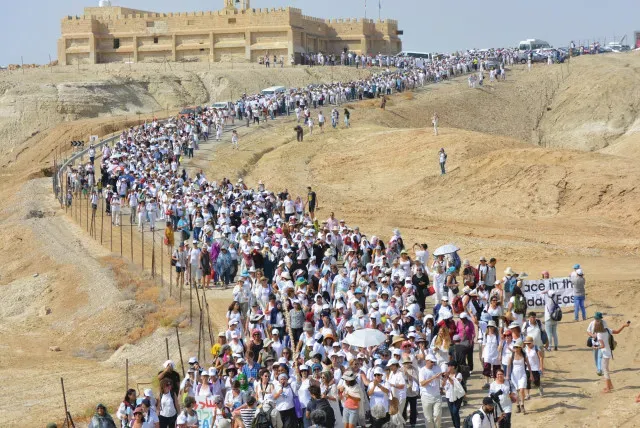
One of the crucial movements in the peace space in Israel/Palestine now is the historic partnership between Women Wage Peace and Women of the Sun; the latter organization was founded in the summer of 2021, and is comprised of Palestinian women working for peace in the West Bank and Gaza. Women Wage Peace was founded after the Gaza war of 2014, is comprised of Jewish and Arab women who live inside the State of Israel, and has the two primary objectives of 1) Getting Israeli/Palestinian peace negotiations going (and to eventually achieve a "bilaterally acceptable political agreement") and 2) guaranteeing that women are part of the negotiation process6.7
WWP and WotS write in their partnership pact:
After over 100 years of conflict which for the most part was managed by men, Israeli and Palestinian women say “enough”…Our shared goal is what unites us and motivates us to dedication, persistence and determination. The responsibility we feel for the future of our children enables us to move forward despite the difficulties.
In fact, heartbreakingly—only three days before Hamas’ brutal attack on October 7th of this year, Women Wage Peace and Women of the Sun held a joint march from Jerusalem’s Museum of Tolerance to a promenade with a view of the Old City.
Then, Reem Hajajr, a founder of Women of the Sun, said,
“more and more women join the movement, women who want to protect their children and prevent them from being the next victim....We started out as a movement with a few lone women and now we are thousands from the West Bank and Gaza. We no longer take the back seat and are determined to act persistently to end the cycle of bloodshed and to achieve freedom and a just, honorable life for Palestinian and Israeli children.”
She said those words exactly two weeks ago.
And so many wails, so many tears ago.
More tears than can be counted.
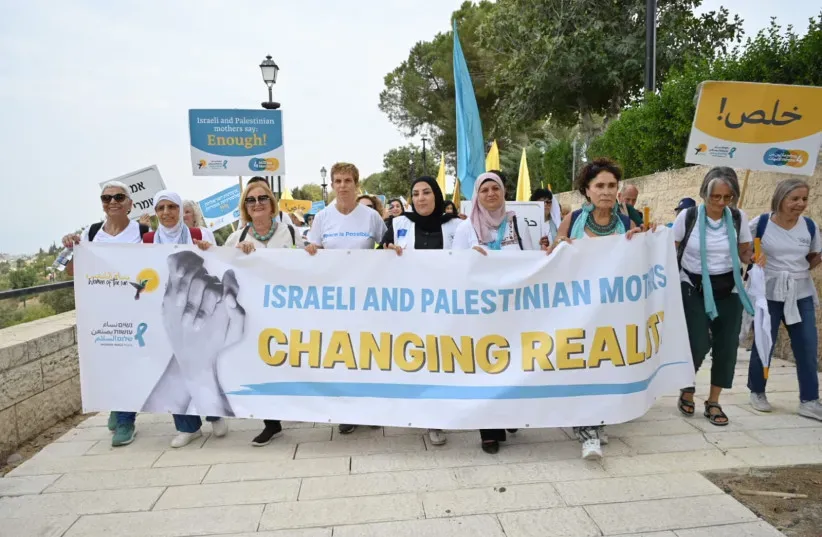
May no other innocent lives be lost. Not one more.
May there be an end to the bloodshed soon.
May this be the last moment of horror before the creation of a new, whole tomorrow for everyone.
May everyone be safe.
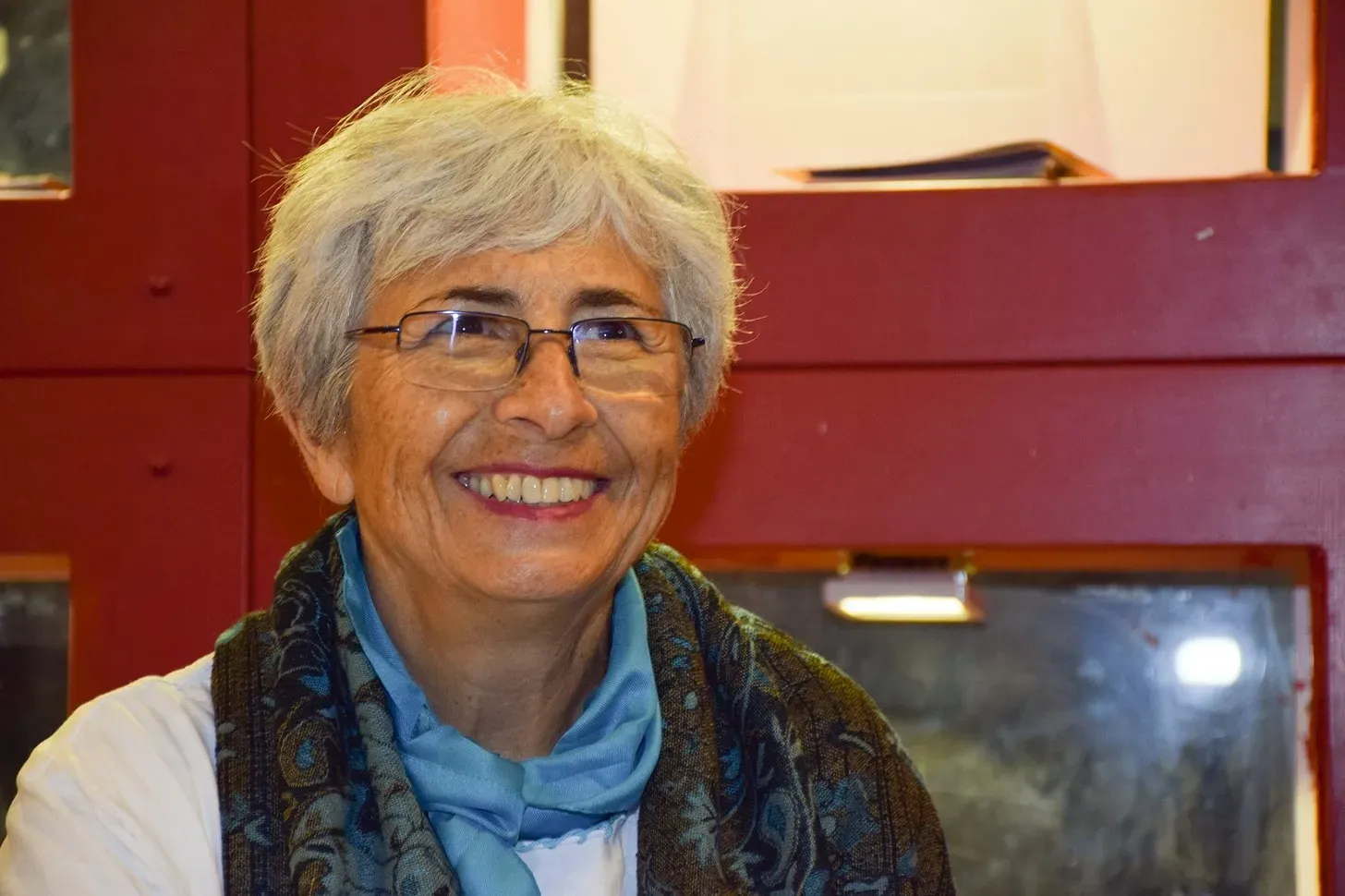
Women Wage Peace’s statement on October 15th said, in part:
For 9 years since the end of “Operation Protective Edge”, we, Jewish and Arab mothers have been telling the leadership in Israel – enough! We must turn every stone in order to reach a political solution. This is our obligation for the future of our children. This is our obligation to both Israeli and Palestinian children. They deserve a future of security and freedom, not a future of death, war and destruction.
More wars, bombings, assassinations, arrests and a never-ending cycle of bloodshed will not allow us and our children to live here as normal people. All conflicts in the world have been resolved by peace agreements….
Every mother, Jewish and Arab, gives birth to her children to see them grow and flourish and not to bury them.
That’s why, even today, amidst the pain and the feeling that the belief in peace has collapsed, we extend a hand in peace to the mothers of Gaza and the West Bank.
We mothers, together with women from all over the world, must unite to stop this.
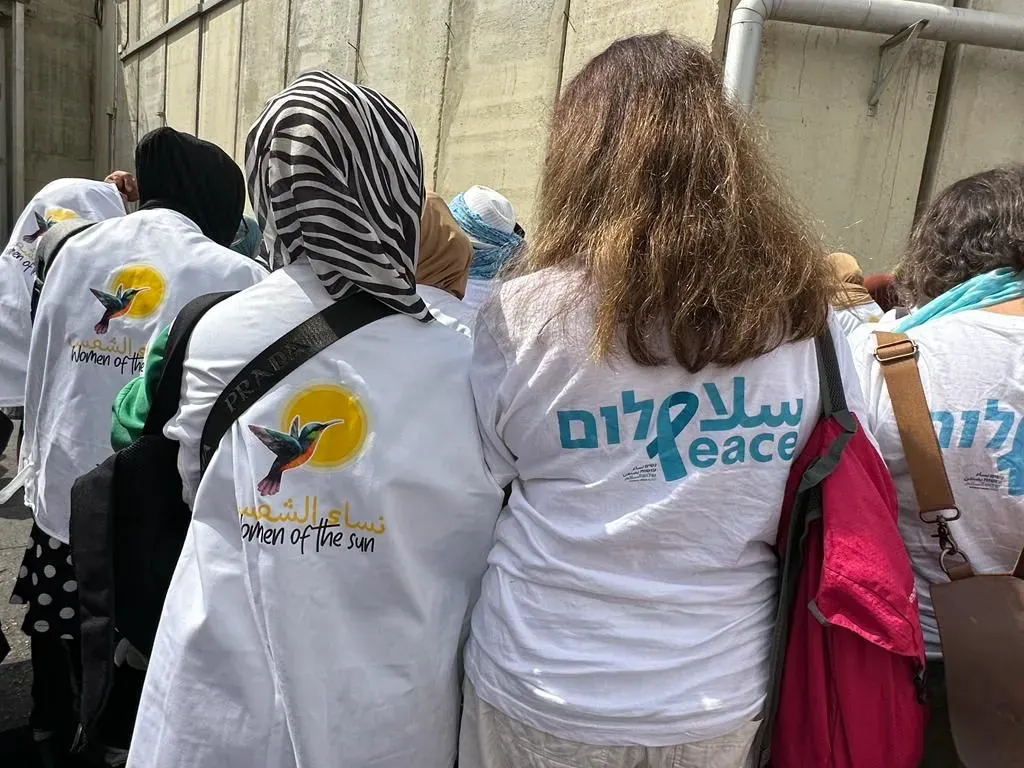
I thought perhaps it might be appropriate to close with this.
Rena Branson, a Jewish composer, wrote this piece, recently, based on Psalm 47. Their translation of the Hebrew is: “Healer of the brokenhearted and tender of our wounds/You account for every star and call each one by name.”
🌱🌱🌱🌱🌱🌱🌱🌱🌱🌱🌱🌱🌱🌱🌱🌱🌱🌱🌱🌱🌱🌱🌱🌱🌱
Like this? Get more of it in your inbox every week. 🌱
For free every Monday—sign up at the ‘Subscribe now’ button just below.
And if you become a paid subscriber, that's how you can get tools for deeper transformation, a community for doing the work, and support the labor that makes these Monday essays happen.
A note on the subscription model:
I want my work to be as accessible to as many people as possible, in as many ways as possible. That's why the Monday essays are free, and why we donate subscriptions to anyone for whom paying is a barrier to the House of Study posts.
I also believe people should be paid fairly for their work. Needless to say, these two values sometimes seem to be in conflict, but I do what I can to find a fair balance. I offer many resources for free, and charge for others. When you donate generously or pay at the top of our scale, that helps support the work I do, provides access for those who have fewer resources, pays for the infrastructure and the technical and practical support that it takes to do this, and helps us keep the work sustainable.
And as always, if you want in to the Thursday space but paying isn't for you now, just email support@lifeisasacredtext.com and we'll hook you up.
And if you’d like to underwrite one of these donated subscriptions, you can do so by signing up at one of the higher subscription points.
And if it resonated with you, please share this post.
Sending a big pile of blessings and goodness your way. 💕
FOOTNOTES
White supremacist/settler colonial thinking takes a lifetime to undo, and I’m traversing this decolonial/antiracist path the best that I am able. ↩
For those of you who are new here, hi! I do longform essays here, and I they will not mostly be about Israel/Palestine or other Topics in the News ™. That there are a few in a row in this direction is already unusual, but this is an unusual moment. I certainly do not have the emotional, cognitive or spiritual energy to be writing more directly than this on I/P right now. If nothing else, for me, this is personal, it consumes my professional workday, and I need time to be a human being who has feelings as a human being. Periodic rants happen on social media, but, well, hope you enjoy that we’re riding a different horse over here. ↩
An Afikoman prize? Doesn’t have quite the same ring, somehow. ↩
Another conversation in a totally different vein that I have found powerful recently is this, between Rabbi Nate DeGroot and Yoruba philosopher Dr. Báyò Akómoláfé. They talked, among other things, about the Talmudic concept of “teiku”— the thing the Rabbis say at the end of a Talmudic argument when it’s genuinely not clear who is right. Basically: Welp! Unclear how to resolve this! Teiku! Someday the Prophet Elijah will show up and tell us what the answer is! As Akómoláfé put it:
“Teiku seems to be a beautiful way to ordain stuckness, understanding that speaking further isn’t really producing anything generatively exquisite. Presently now in the United States, we can recognize that the left is behaving like the right and the right is behaving like the left, that they’re feeding off each other and the polarities are increasing...When politics does that, when it becomes increasingly hardened, when our rituals no longer gesture towards new possibilities and their only work is to stabilize the familiar, that’s when the Trickster shows up…the Trickster archetypally breaks through binaries, right? It’s like the saying within the teiku, that prophet Elijah will have something to say about this…It’s “now, we don’t know what comes next, but … in this space, this boundary, this ecotone, there is a possibility to become different.”
“Ordain stuckness.” Whew. There are so many powerful and instructive paradigms out there that can help us name, and thus move us past binary thinking at a moment when we desperately need that help. We must learn and study and be with as many as possible. ↩
She worried that calling it “parenting” would elide the differences that, whatever the theory, were present in most (mixed-sex) families’ reality, and that it would erase important parts of women’s history. ↩
In 2020, Women Wage Peace introduced the Political Alternatives First Bill in the Knesset, which would “obligate the government to consider political options on an ongoing basis before initiating a military operation.” It has been tabled for discussion by the Ministerial Committee for Legislation. ↩
I should also, just for proximate topical and geographic relevance, shout out first Mothers Against Silence, groundbreaking during the First Lebanon War in the early-mid 80’s and then Women in Black—Israeli women who have been protesting the Occupation since the First Intifada in the late 80s. I am spending less time on them because while their impact on the development of the peace movement in Israel is crucially important, I am focusing more on joint Israeli/Palestinian initiatives here. And not all of them. Just a couple. Because this is an essay, not an org survey.
I would be remiss in not also mentioning Four Mothers, though, a group that began with, well, four Israeli moms (the group’s name is also a reference to the biblical matriarchs Sarah, Rebecca, Leah and Rachel), which, within three years, succeeded in getting Israel to unilaterally withdraw from Lebanon after 18 years.
And lastly, (again, not namechecking everybody! Just a few!) big love to Machsom Watch, an organization of Israeli women volunteers that go to checkpoints and throughout the West Bank to witness and document the reality of the Occupation—to report it to the media, the Israeli public, and lawmakers. Their main goal is to move Israelis out of denial about what is being done in their name.
There are too many organizations doing great work in the region. If you want to be properly overwhelmed, The Alliance for Middle East Peace is a coalition of over 170 orgs (some with a greater focus on peacebuilding work than others, she says, skimming the list, recognizing that even a tangential relevance is an Objectively Good Thing.) ↩


